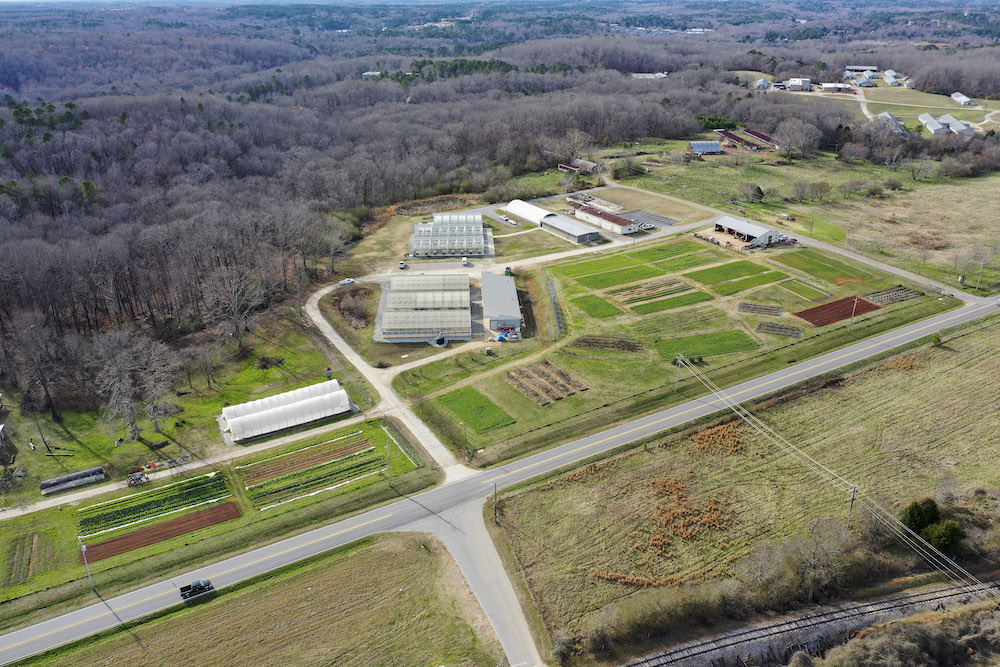 CAES News
CAES News
Sustainability Calculator
The muddy waters of what is considered “sustainable” are clearing up with the implementation of a new calculator that gives agricultural producers a reliable method to quantify a farm's sustainability.

.jpeg)
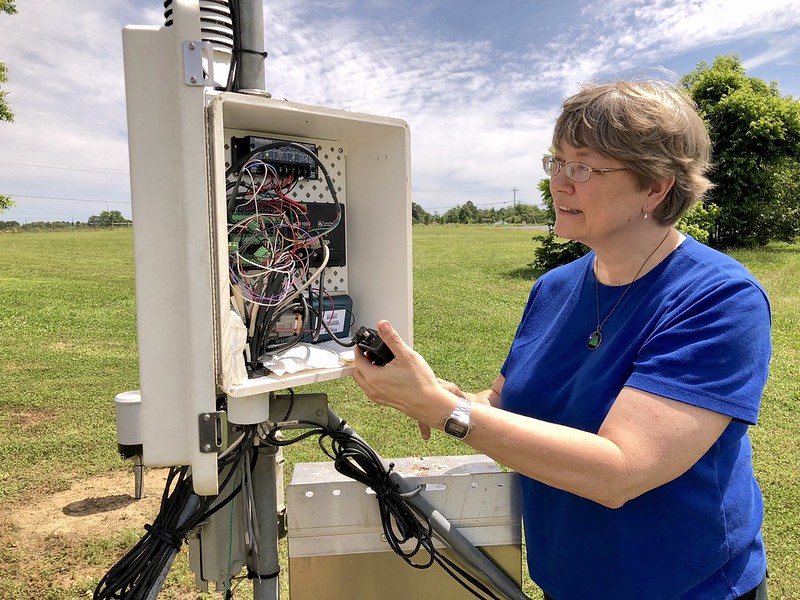
.jpg)
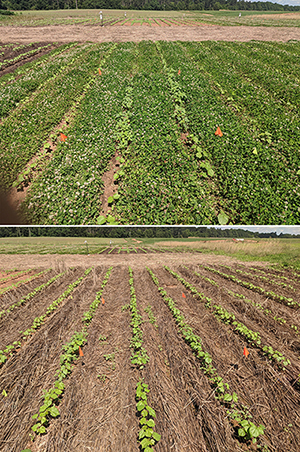
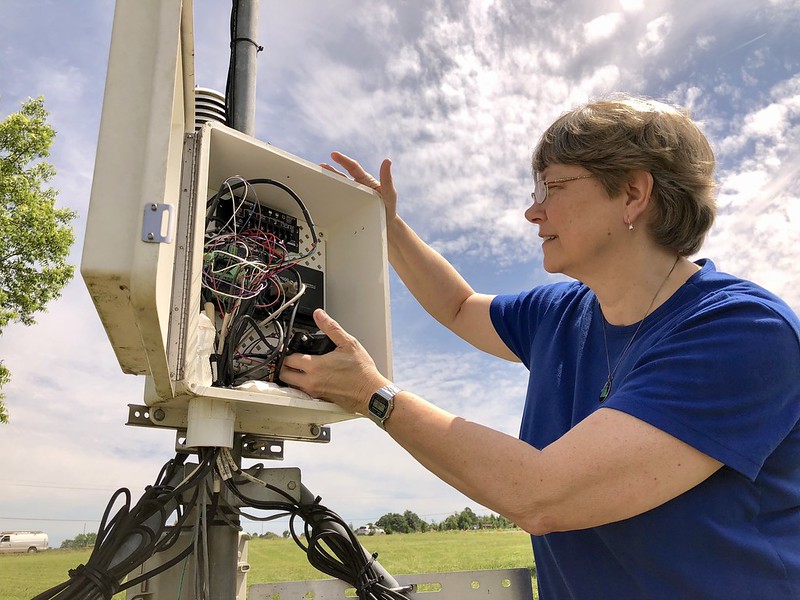
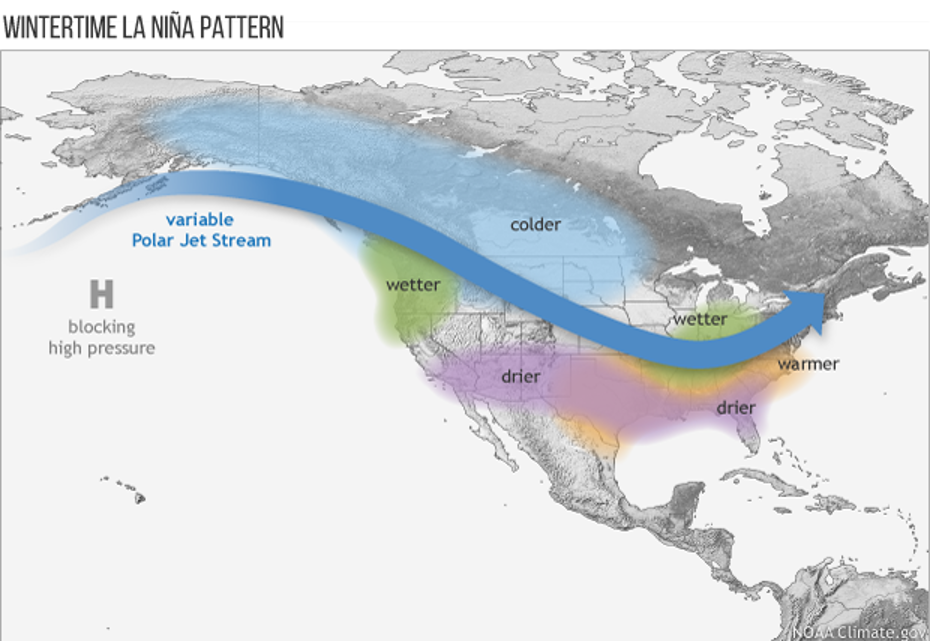
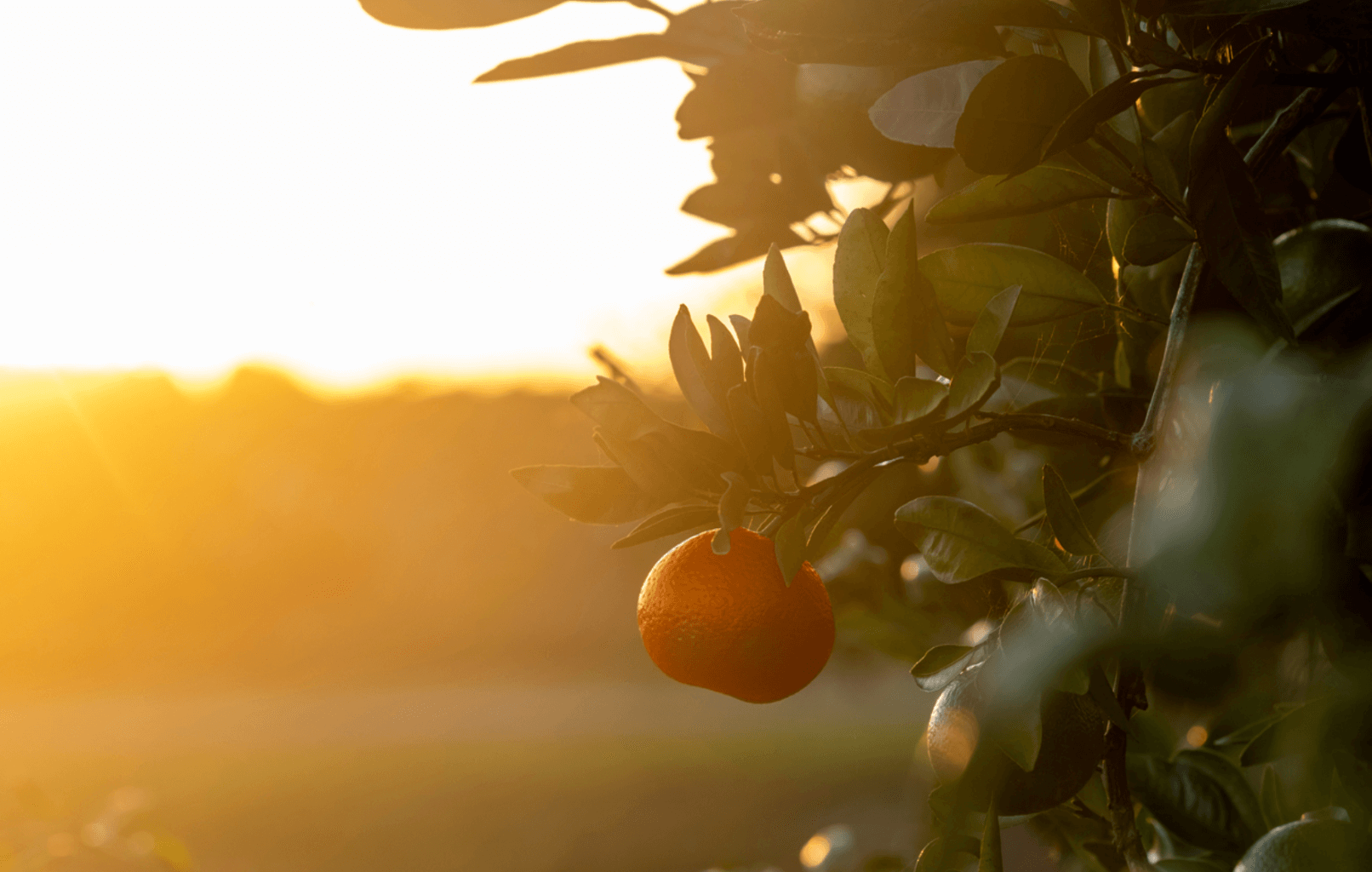
.jpg)